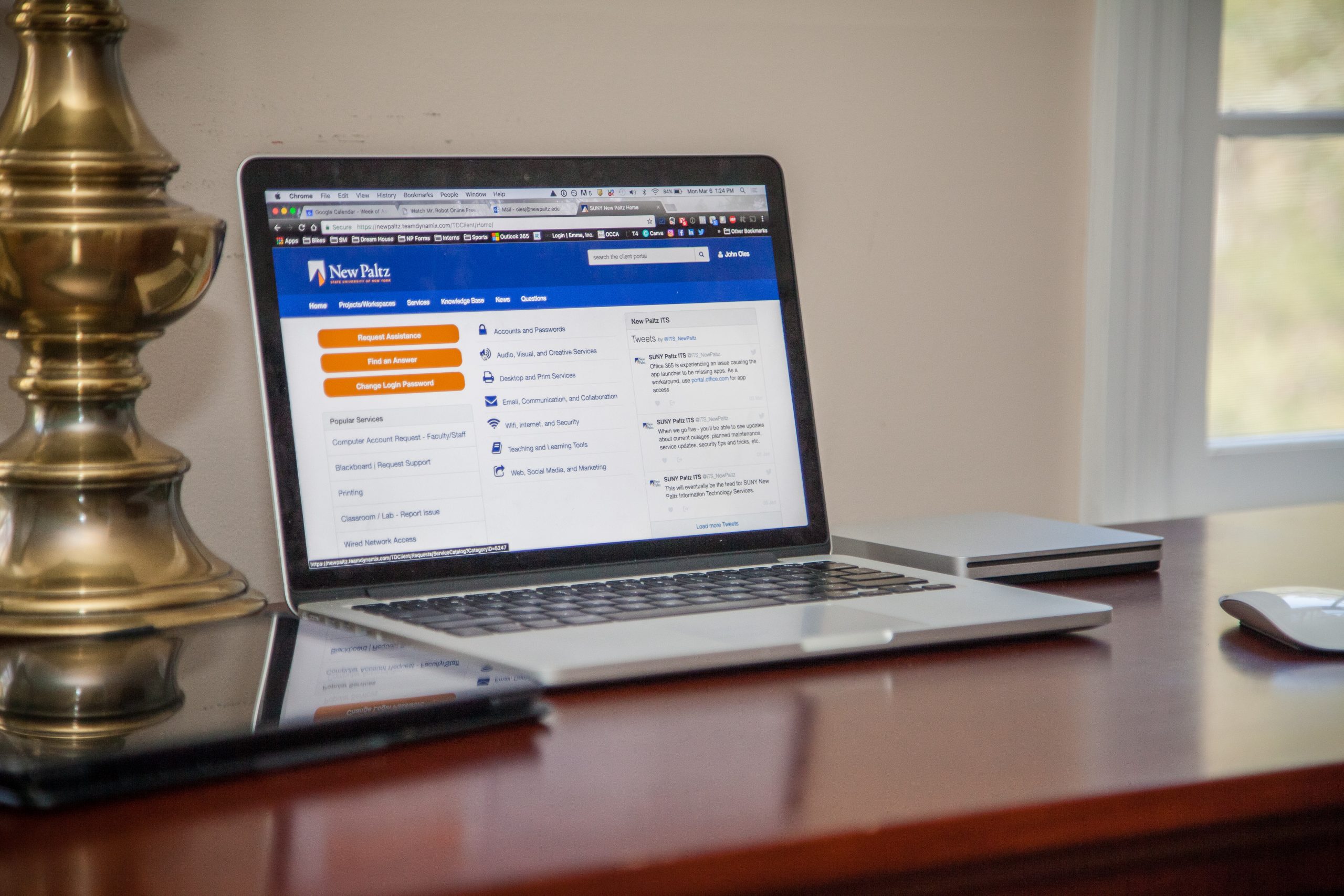Response to conversation about campus learning management systems
Dear Colleagues,
Thanks for today’s robust conversation about campus learning management system (LMS) platforms. Input from faculty regarding functionality and needs is always helpful in evaluating the best learning management system choice.
For now, though, we ask that you be mindful of student “platform fatigue” and the value of consistency and standardization. Also, please keep in mind that there is no IT or instructional design support for platforms other than Blackboard – this means that neither faculty nor students can request support or training for any other system, including Google Classroom. Additionally, student work on platforms other than Blackboard is not archived or backed up by the campus, so if a faculty member moves their course content to an alternate platform it is the faculty member’s sole responsibility to retain all student work and grades.
The current crisis would not be a good time to make an LMS change, even if such a change could be made rapidly. Replacing an LMS is – at minimum – a one to two-year process that requires planning, evaluation, piloting, communication, training, migration and, finally, implementation.
There is also the consideration that New Paltz is part of the larger SUNY system, and staying in step with the system provides benefits in pricing; integrations with other products on the state contract; and the ability to grow online programs through SUNY Online.
When the opportunity to consider an LMS platform change is appropriate, input from our faculty will be essential and we encourage those who are seeking a change to make their interest known and to volunteer for committees and task groups that may develop in response to guidance from SUNY regarding the upcoming RFP processes.
As a campus, we are still currently investing in Blackboard and have the ability to stay in contract with our current version for a number of years. Though we are on the older version of Blackboard (“Blackboard Learn” rather than “Blackboard Ultra”), this is still a supported system and there is still development for this product. Among other things, we have built training, customizations and integrations around Blackboard that could not be quickly or effectively replaced. For example, we have recently invested in Blackboard Ally, which has been a helpful tool in our campus accessibility efforts. Other existing tools, such as Turnitin, rely on their integration with Blackboard, and this is one of the most-utilized services licensed by IT. There are many other “invisible” uses of Blackboard, as well, from departments who use communities to reach students through posting content and sending bulk email, to departments who use Blackboard to screen new program candidates.
Blackboard is part of our campus ecosystem, at this point, and can only be replaced through careful consideration and mindfulness. In the meantime, thank you for your ongoing dedication to the engagement and success of our students in these particularly challenging times.
Sincerely,
Barbara Lyman, Interim Provost and Vice President for Academic Affairs
Michele Halstead, Vice President for Administration & Finance
Shala Mills, Assistant Vice President for Graduate & Extended Learning

